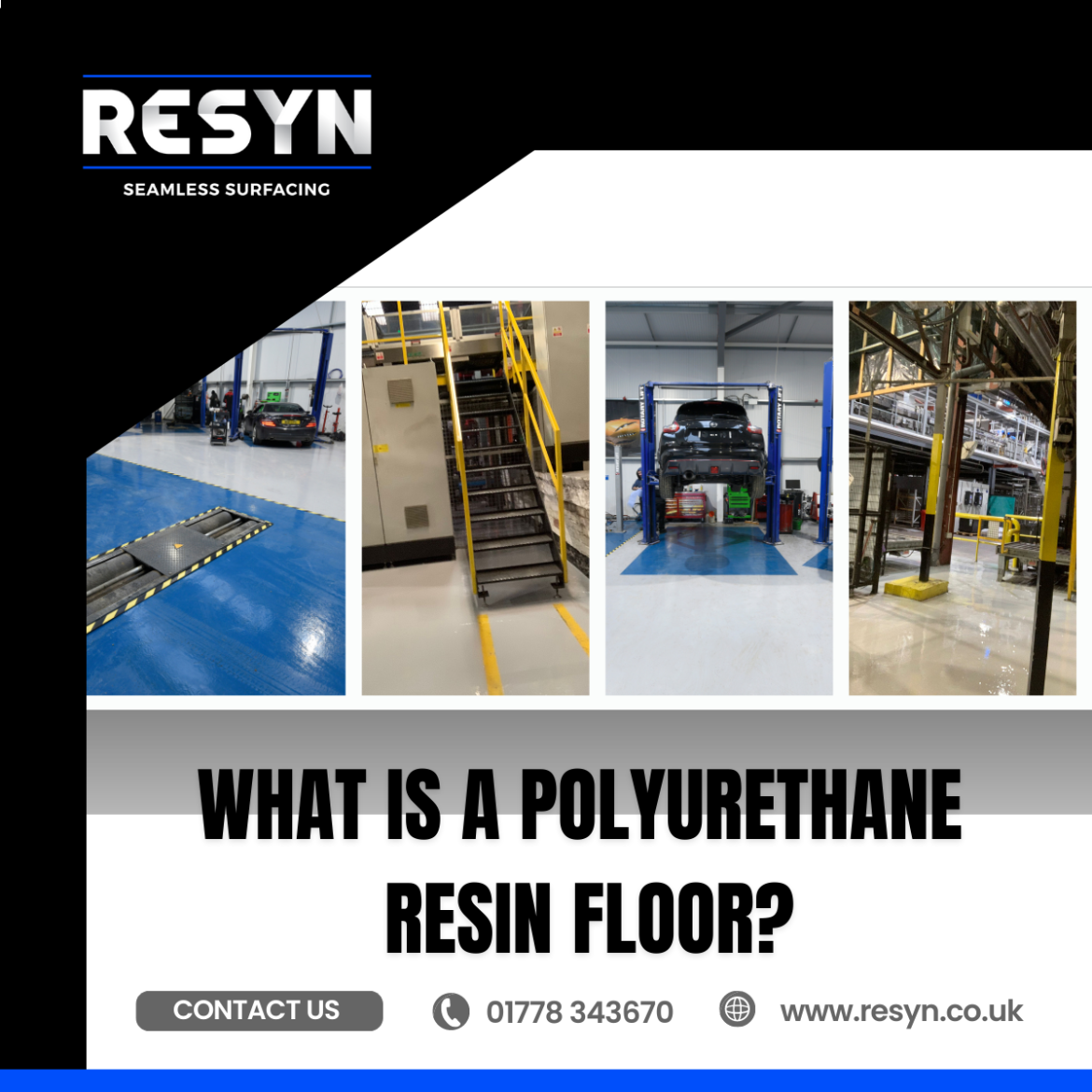A Polyurethane floor is a type of resin widely used in industrial environments, particularly in food and drink production facilities.
This protective flooring surface is made of polyurethane resin and aggregate. It is a mix of resin and cement. A polyurethane floor is a thermosetting resin meaning the system irreversibly cures once hardened.
Types of Resin Polyurethane Floor
There are four main types of polyurethane flooring available:
Polyurethane Floor Coating
Less than 2mm in depth, a polyurethane floor coating is commonly found in industrial settings to provide an easy-to-clean, protective coating over the substrate.
Polyurethane Mortar Floors
Typically, a resin-rich granite-reinforced polyurethane repair mortar. These are used to repair damaged substrates and are suitable for areas that require higher levels of resistance to chemical attack or impact damage.
Self-levelling polyurethane floors
As suggested by its name, self-levelling polyurethane floors are smooth systems typically 2mm -4mm in depth. These generally have a matt appearance.
Flexible Polyurethane floors
Flexible Polyurethane floors are elastomeric polyurethane self-smoothing flow-applied flooring typically laid at 2mm depth.
With a degree of tolerance for structural subfloor movement, it can be beneficial for certain areas needing flexibility.
Polyurethane trowel applied floors
This type mixes a combination of polyurethane resin and white aggregate and is usually trowel applied. Typically installed between 6-9mm this system is very hardwearing and has a matt appearance with a slip-resistant profile. When the floor is first installed it has a uniform-coloured surface but with general use, the white aggregate will begin to show through.
Advantages of Polyurethane Flooring
There are a variety of advantages to using resin polyurethane flooring, these include:
- Exceptionally hardwearing surface
- Excellent heat resistance
- Good surface abrasion resistance
- Low odour
- Cost-effective
Disadvantages of Polyurethane Flooring
However, there are also some disadvantages to using resin polyurethane flooring including:
- Longer curing periods 5-7 days full chemical cure
- The curing period is affected by the room temperature
- They will not cure below 5°C
- Susceptible to cracking with building movement
- Not highly aesthetic
Find out more about different types of flooring provided by RESYN:
For further information or to discuss a project, please get in touch with us on 01778 343670 or use our contact form. Take a look at our case studies or our YouTube channel for examples of our work.

